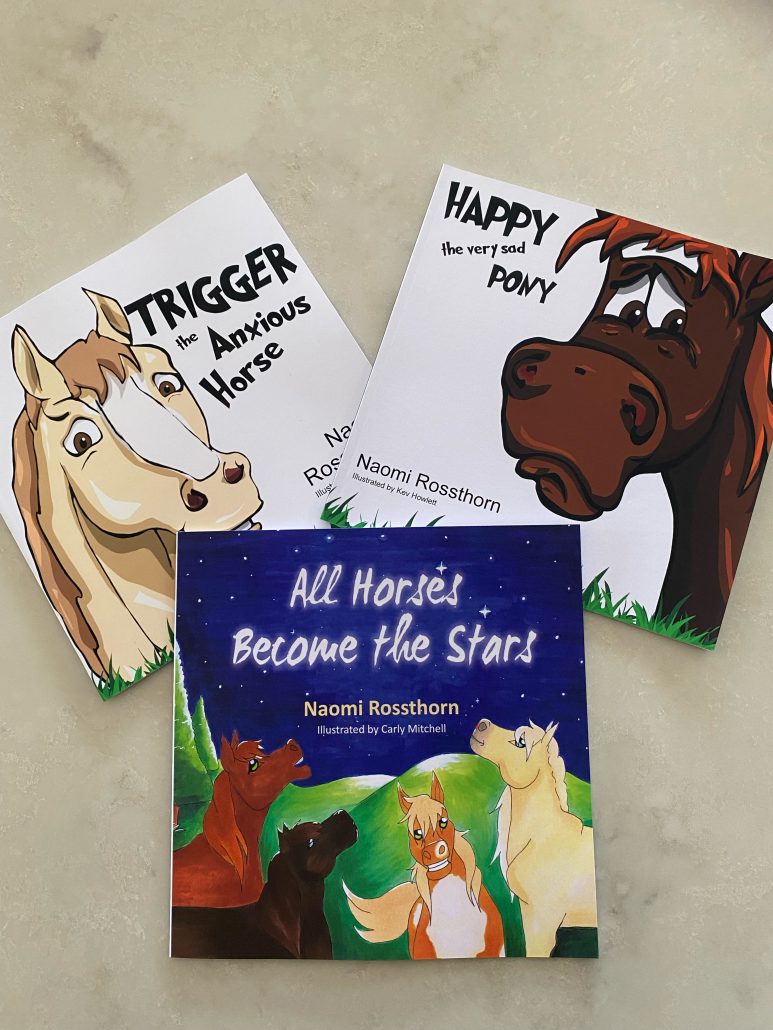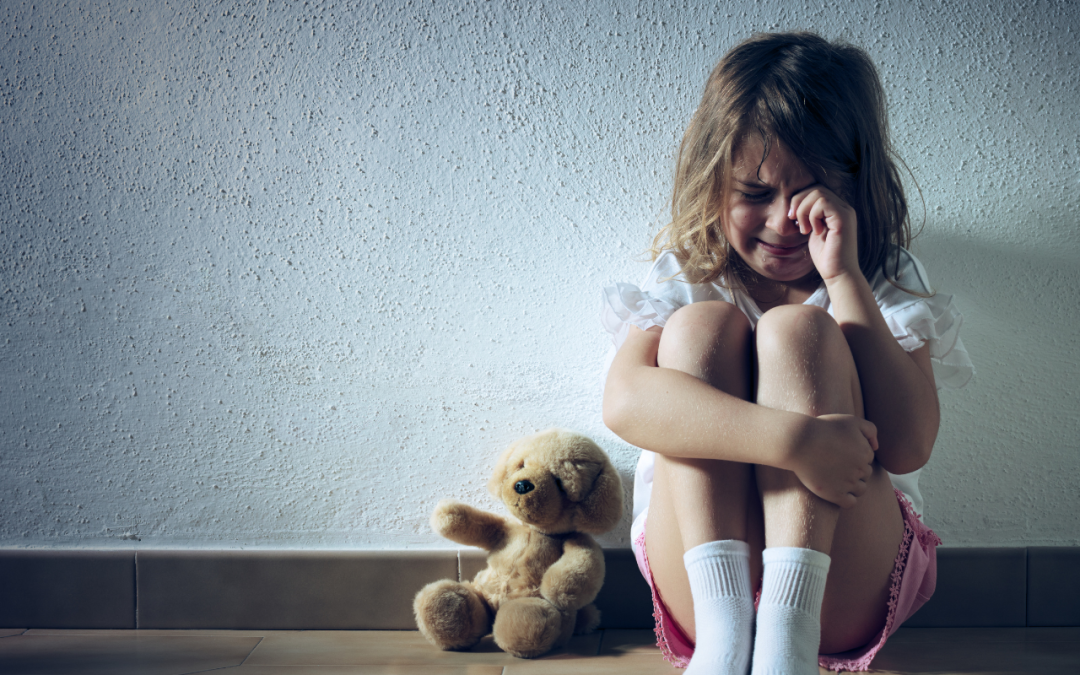As a psychologist, I have had the privilege of working with young individuals and their families to help them understand and cope with challenging emotions like anxiety, grief, and loss. These emotions can be particularly overwhelming for children, as they often lack the emotional tools and life experiences to navigate them effectively. In this blog, we will delve into the intertwined experiences of anxiety, grief, and loss in children and offer insights and strategies for parents and caregivers. Additionally, we’ll introduce three books designed to help children and families cope with these emotions: “Happy the Very Sad Pony,” “Trigger the Anxious Horse,” and “All Horses Become the Stars.”
Understanding Anxiety, Grief, and Loss in Children
Children experience anxiety, grief, and loss in ways that may be different from adults, but these emotions are no less real or significant. Let’s explore each of these emotions from a child’s perspective:
- Anxiety: Anxiety in children often stems from stress, change, or uncertainty. It can manifest as excessive worry, fear of separation from loved ones, or even physical symptoms like stomachaches or headaches.
- Grief: Children experience grief when faced with the loss of a loved one, a pet, a friend, or a significant change, like moving to a new home or school. Grief in children can vary in intensity and duration.
The Intersection of Anxiety and Grief in Children
When anxiety and grief intersect in children, the experience can be especially challenging. The grief process may trigger anxiety, and anxiety can intensify the grieving process. Children may struggle to understand and express their emotions, leading to additional stress.
Coping Strategies for Children and Caregivers
- Open Communication: Create a safe and open environment where children can express their feelings without judgment. Encourage them to ask questions and share their concerns.
- Age-Appropriate Explanations: Tailor your explanations to the child’s age and level of understanding. Be honest but provide information in a way that they can grasp.
- Reassurance: Offer comfort and reassurance, reminding children that their feelings are valid and that they are not alone in their grief or anxiety.
- Creative Outlets: Encourage children to express their emotions through art, storytelling, or play. These creative outlets can help them process and communicate their feelings.
Promoting Healing through Literature
Books can serve as powerful tools to help children understand and cope with anxiety, grief, and loss. Here are three books that offer valuable insights and support for children and their families:
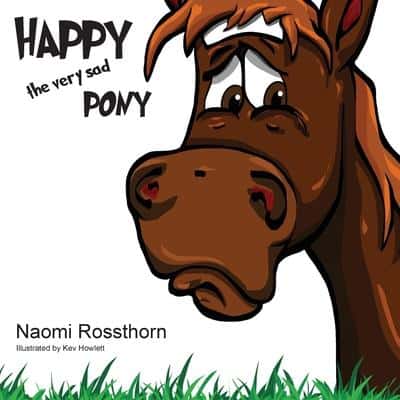
This book tells the story of Happy, a pony who experiences profound sadness but ultimately finds happiness through friendship and resilience. It teaches children that they can find joy even in the face of difficult emotions.
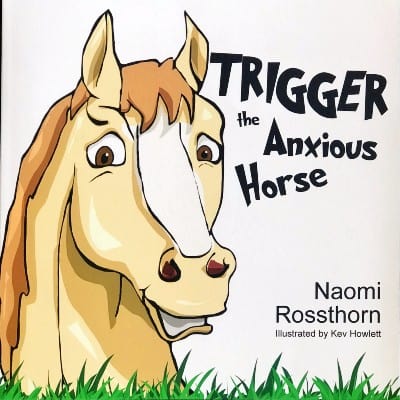
Follow the journey of Trigger, an anxious horse, as he learns to manage his anxiety and build confidence. This book provides valuable lessons in understanding and overcoming anxiety, making it a great resource for children and their caregivers.
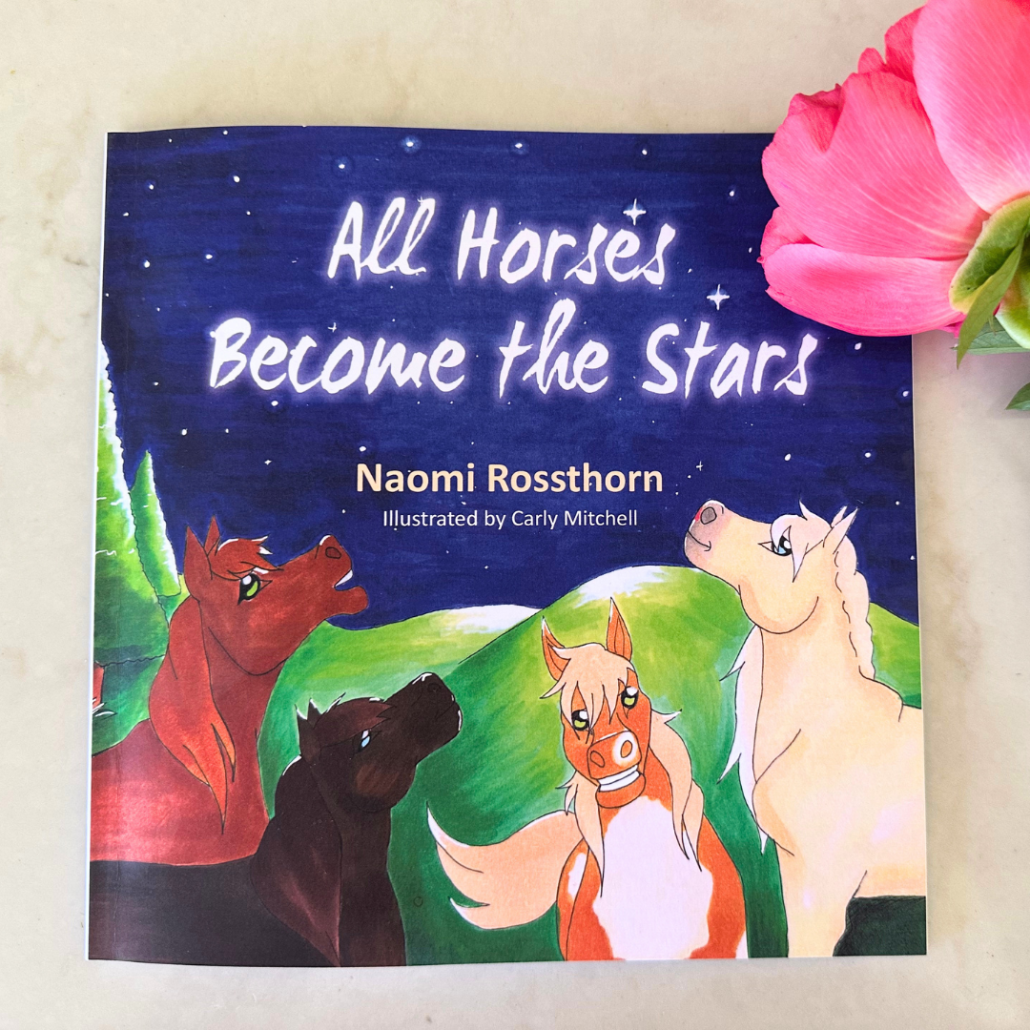
This uplifting book celebrates the idea that every child, much like horses, has the potential to shine brightly and achieve their dreams. It’s a reminder that even in the face of adversity, children can find hope and resilience.
Helping children navigate anxiety, grief, and loss is delicate. By fostering open communication, offering reassurance, and providing age-appropriate explanations, caregivers can support children through these challenging emotions. Additionally, books like “Happy the Very Sad Pony,” “Trigger the Anxious Horse,” and “All Horses Become the Stars” can serve as valuable resources for children and families, offering both insight and comfort as they journey through these complex emotions.
You can purchase these books by themselves or as a special bundle of 3 on my website.
